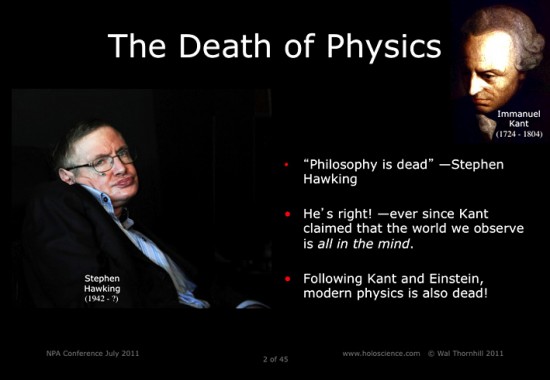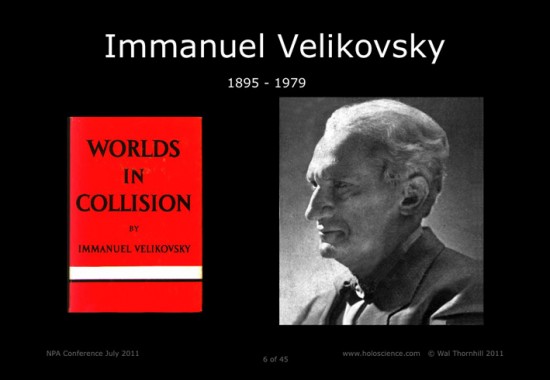Co-authored with Sodium Boy
With all the OWS talk going around, I feel the need to clarify my position on capitalism.
With all the OWS talk going around, I feel the need to clarify my position on capitalism.
 | |
| PICTURE CREDIT AP BEBETO MATTHEWS |
At an OWS demonstration recently, someone put up a sign saying, "It's because the 1% do most of the thinking." The arrogance and entitlement behind this type of thinking is mind-boggling! This is how some of them rationalize the theft of the people's money.
I think many people are making mistakes in arguing this subject, resulting in circular debate, animosity, and confusion. Some people on the right accuse OWS "complainers" of being unpatriotic, ignorant, and lazy. It is proof that they do not think. Some people on the left complain about capitalism and its "evils".
I have noticed that discussions and comments on blogs exhibit a kind of angry, terse concision, which doesn't allow for the development of a set of common operational definitions. I've noticed also that commentators and debaters often jump to conclusions and make generalizations about their fellow commentators that are false and sometimes even derogatory. Obviously, this type of communication is not productive.
For example, when I argued in sympathy with the OWS, I was called a "lefty" by one responder, when in reality, I am on the left on some issues and on the right on others. It is unfortunate that many who consider themselves to be on the right politically tend to brand others who do not believe as they do as “lefties” or "socialists" which is false.
 In my opinion, discussion such as this does not lend itself well to emotionally charged quips. Most people have emotional attachments to their particular social and economic preferences and are emotionally reactive to certain words, causing them to veer easily off course. As a result, most discussions end up in misunderstanding and frustration.
In my opinion, discussion such as this does not lend itself well to emotionally charged quips. Most people have emotional attachments to their particular social and economic preferences and are emotionally reactive to certain words, causing them to veer easily off course. As a result, most discussions end up in misunderstanding and frustration.
One of the best things about the video I have posted below (by Mr. Griffin, a Libertarian) is that he brings out the issue that people often do not have common operational definitions of words like capitalism and socialism, etc., as a base from which to discuss these subjects rationally.
As I see it, the basis for the OWS movement is simple: As with religion, most people also are most comfortable with the political and economical system into which they were born. As long as they are comfortable, they usually do not question their country's economic system. However, when people suffer, as they do now, they begin to rebel.
I agree with the point of view of some critics who say that some people in the OWS movement are ignorant of important facts—how our system works vs. how it should be working—causing them to come to erroneous conclusions derogatory of capitalism. Many of the 99% also have difficulty explaining what they think should be changed because they are not accustomed to speaking extemporaneously.
However, I believe the corporate media shows these negative examples, rather than positive ones, to degrade the integrity and validity of the OWS movement. After all, part of what the OWS movement wants is for media to stop highlighting what is most shocking and entertaining and reporting what is factual and relevant. I also believe many more OWS supporters do know what is wrong and what they want changed.
 Most of us hope, or even assume, that those who see themselves as individualists, understand that individualism means recognizing that others are also individuals. Respect for individuals means respect for the needs, desires, and aspirations of everyone.
Most of us hope, or even assume, that those who see themselves as individualists, understand that individualism means recognizing that others are also individuals. Respect for individuals means respect for the needs, desires, and aspirations of everyone.
Unfortunately, most of us who also see the obvious benefits of individualism in our culture are naive and blinded by the individualist vs. collectivist arguments of some vocal right-wingers. Again, our lack of operational definitions leaves us without a solid base for discussion on individualism. Sadly, most of those who tout individualism are actually autocrats—they like individualism as long as they can be the "individualists" who get to tell everyone else what to do.
For example, in a business situation, an individual owner would see that his/her individual employees would have the best management equipment and pay that he/she could give them while still making a decent profit. Many privately held companies in the U.S. operate on this level.
Many wealthy people (not of the 1%) who have privately owned companies are not on the stock market. Yet they provide jobs without the machinations of Wall Street and the government.
Unfortunately, the usual models we see are publicly held companies whose policies are dictated by stock-owning shareholders and are represented by a board of directors.
In this model, we understand that there is a natural antipathy between owners and labor. The first concern of a publicly held company is profits, not the good of individuals. Therefore, in my opinion, these publicly held companies are collectivist in nature and engage in a form of theft from the stakeholders of the company (i.e. the INDIVIDUAL workers).
An ongoing argument from the right is that capitalism creates jobs and investment creates wealth. Why demonstrate against those aspects of our economy? When they make such statements, I am often shocked when realizing the ignorance of people in the throes of their personal beliefs.
The investment money is not trickling down.
There are not enough jobs and/or well-paying jobs.
The inflated economy and poor paying jobs force most households into two-parent incomes. Quality of family life is sacrificed.
Many people are working 2 or 3 part-time jobs with no benefits just to scrape by.
Insurance rates are too high because medical costs are too high.
Wall street is rigged in many cases...(illegal stock tips are rampant)
...and The Fed is making money just by printing it, without backing, and making loans. We are trillions of dollars in debt. In debt to whom? To what? To The Fed, a privately owned central bank. This private business essentially "owns" most of us.
Banks are giving credit cards with outrageous interest and deceptive policies, and granting mortgages to people they know cannot afford them.
 Due to the incredible inflation of higher education, in order to get a degree, most people are now forced to take government loans. Ultimately, most of us are becoming slaves of debt--to the system.
Due to the incredible inflation of higher education, in order to get a degree, most people are now forced to take government loans. Ultimately, most of us are becoming slaves of debt--to the system.
Our government and banking is "doing the thinking" on how to make money--off the backs of most citizens working hard to pay bills and loans (actually creating real money) plus interest (creating more real money).
So what else is wrong with the system as it is now operating?
Here is a clue: The upper 1% is comprised of bankers, investors, government officials, and lobbyists who legislate on their behalf. These facts are not generally disputed.
The nature of money creation (fiat money and fractional reserve banking and interest—or usury) is "the 900 lb gorilla in the room" no one wants to deal with.
Unfortunately, the economic problems we are seeing in the U.S. affect the entire world. The economies of almost all countries whether communist, socialist, monarchical, or capitalist are run according to this private central bank model.
That brings us to another clue: “In the words of Niall Ferguson, of the House of Rothschild:
There are now only 5 nations on the world left without a Rothschild controlled central bank [LIKE THE FEDERAL BANK]: Iran; North Korea; Sudan; Cuba; and Libya.”
There are now only 5 nations on the world left without a Rothschild controlled central bank [LIKE THE FEDERAL BANK]: Iran; North Korea; Sudan; Cuba; and Libya.”
I accuse the 1% of breaking the law. Most of them did not get rich through the design of capitalism.
For example: “Old" money was often made through monopolies, stealing patents, government back-handing, favoritism, and other kinds law-breaking (like the Kennedy’s bootlegging). That gave these so-called capitalists (who are really autocrats!) money to make even more money.
The top 1% DOES NOT TRULY CREATE; they make money from money off the backs of those who work. They especially make money when the stock market goes down. There is evidence to show that they manipulate stock market crashes. There is no legality or virtue in that. These 1% are the underbelly of capitalism.
The OWS phenomenon is not mainly about who does the most thinking; it is not really about class, about poor vs. rich. Their argument is not even about our basic system of capitalism.
 |
| PICTURE CREDIT: REUTERS |
The argument is about the perversion of capitalism! Why? Because the 1% grease palms, become bedfellows with politicians, and create unethical laws enabling them to steal money earned by the majority. Capitalism was created to be a system whereby most people could have opportunities to do well economically. However, that is no longer happening.
I hope this information clarifies my position—and perhaps the thinking of some of the 99%.







































